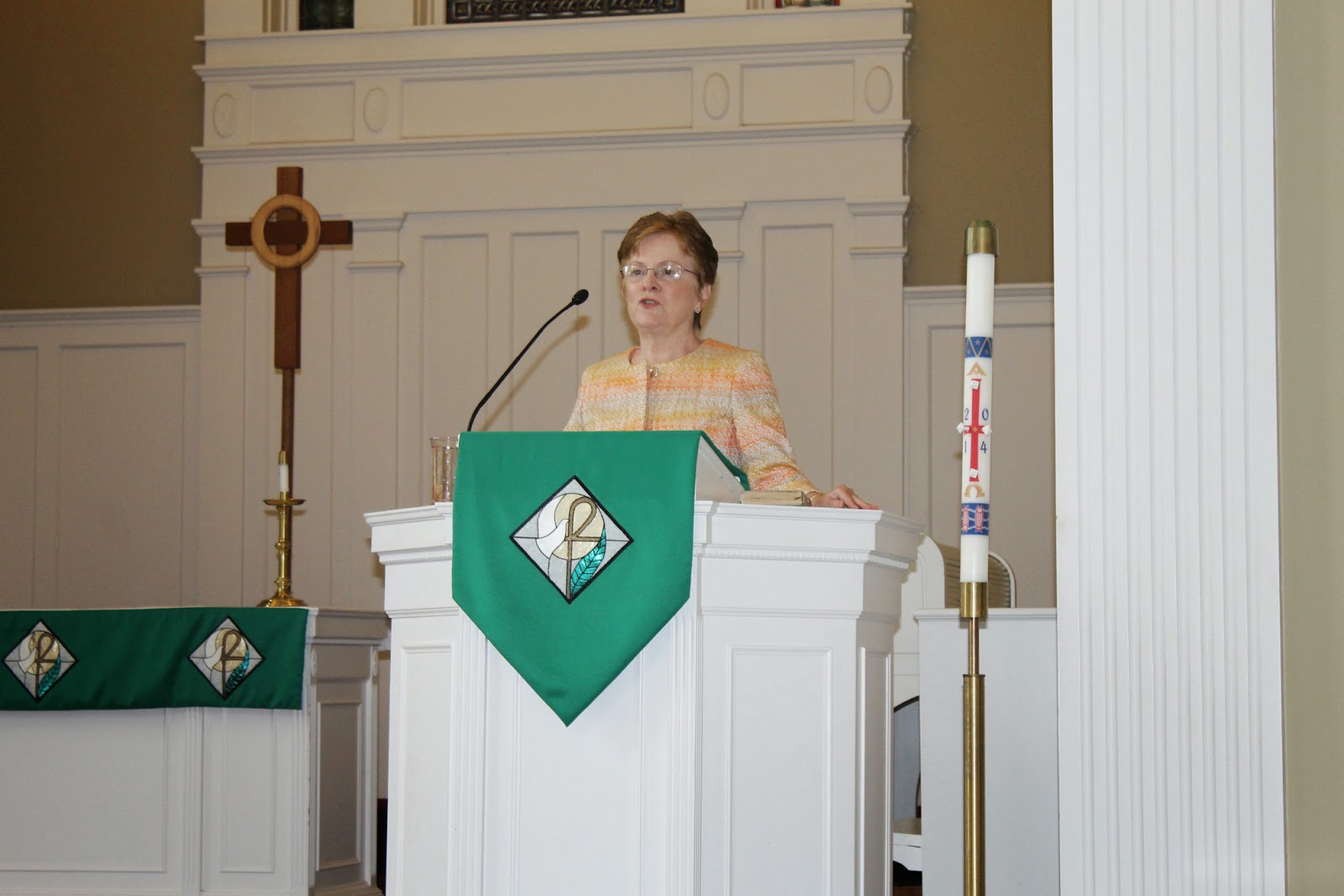In the first lecture, entitled "What Part of the Word "All" Don't We Understand?" Gaventa gives an apocalyptic reading of Romans, from beginning to end, highlighting points in the text where transformations (in life and the human condition) take place. Much in the spirit and exegetical legacy of Karl Barth, Ernst Κäsemann, and J. Louis Martyn (her doctoral supervisor), Gaventa emphasizes the essentiality of divine initiative, because the anti-God powers of Sin and Death have so thoroughly enslaved humanity that no amount of repentance will change the human condition.
Focusing on Romans 3, and seeing in Rom 5-8 a recapitulation of the same themes in Rom 1-3 but at a larger cosmic scale, in her own words, Gaventa offered this challenge: "The human problem is larger than that which can be handled by repentance and forgiveness. Slaves cannot repent their way out of slavery. They can only be liberated. Salvation is not about being forgiven but being delivered by God."
Gaventa then gives a really poignant illustration by comparing the sociological and psychological slavery of the child-soldier as an analogue to the kind of slavery experienced under the rule of Sin and Death. There is more to share, but I'll let you hear from Gaventa herself via the video link (below).
 |
| Professor Beverly Gaventa delivering the first of two Lund Lectures in Isaacson Chapel at North Park Theological Seminary |
I thought this was a very powerful challenge to the church, and I deeply appreciated the prophetic call back to true worship that honors God where I don't throw my money into the coffers but instead "throw my whole body into the offering plate" (her words, not mine).
I did walk away with some questions, however, namely what role does human response to divine initiative have in Paul's soteriological scheme. In Gaventa's explanation, faith as trust does not appear to be a response that gets one into salvation. Faith is not an entry point. God saves all, but people have not heard about this good news yet. When they hear, and believe what they hear, they worship God for what he has done. And even here faith is a gift, not a human work. So the element of volition or choice plays a minimum role in this reading of an apocalyptic Paul. It's hard for me to think about faith as trust without including an element of volition or choice, though I would not reduce faith to just choice or cognitive assent. Faith is much more.
In any case, all I can say is: wow! Fantastic lecture and pastoral challenge! So grateful that Dr. Gaventa was here at North Park to share her work and words with us. To listen to her 2nd lecture yourself, again, see the video links below. Blessings!
Lecture 1: Jump to 3:55 to skip the introductions:
Lecture 2: Video begins immediately with the lecture:
No comments:
Post a Comment